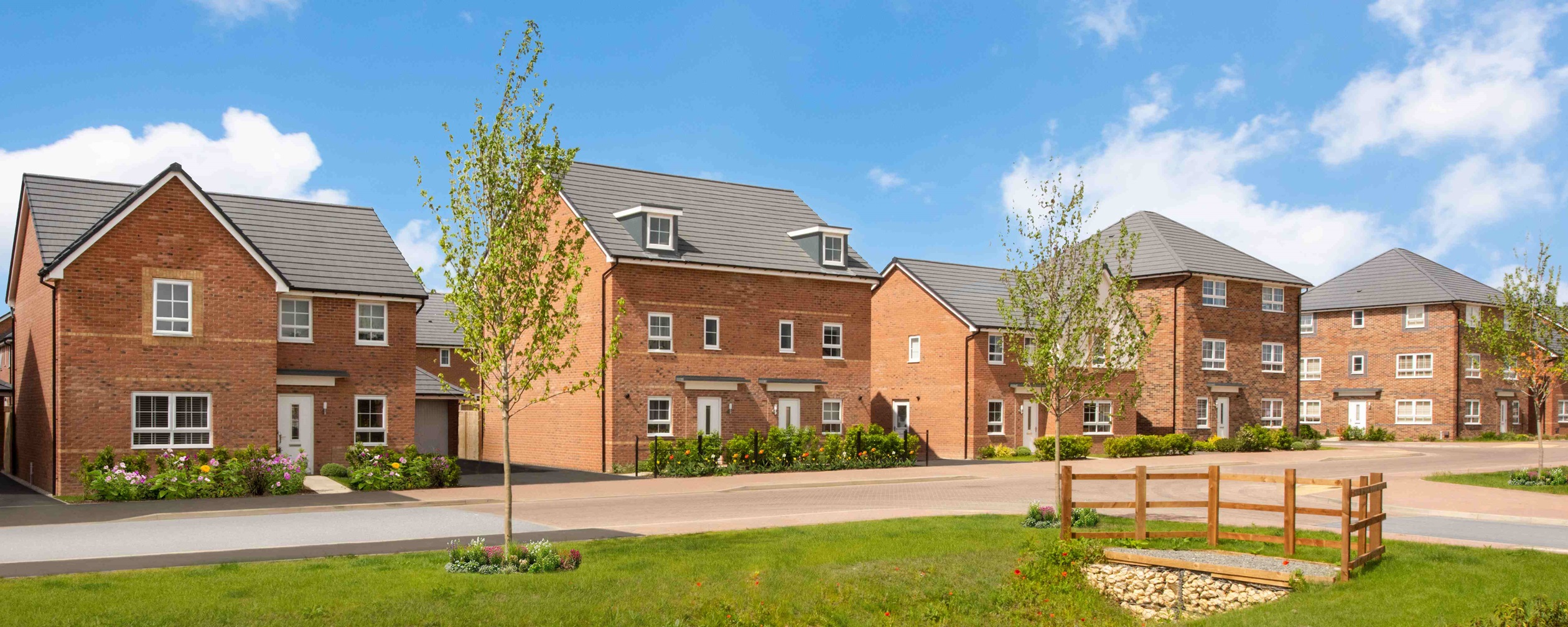
Struggling to save for a deposit? The Shared Ownership scheme can help. This guide covers what it is, its advantages and disadvantages, and the processes involved if you’re trying to sell.
Key Takeaways
What is Shared Ownership?
Shared Ownership is a Government-backed scheme designed to support homebuyers.
It allows you to buy a share of the property from a housing association while paying rent on the part you don’t own.
Advantages of Shared Ownership:
Faster home purchase: Smaller deposit and mortgage.
Convenience for lower income: Accessible option.
Staircasing: Ability to increase your share over time.
Disadvantages of Shared Ownership:
Leasehold properties: You won’t own the land.
Service charges and ground rent: Additional costs.
Selling process: May need to use the Shared Ownership scheme.
What is Shared Ownership?
Shared Ownership is a Government-backed scheme designed to support homebuyers purchasing their home. It enables them to buy a share of the property from a housing association while paying rent on the part they don’t own. The share is typically between 10% and 75% of the home’s full market value.
Homebuyers can purchase more shares through the ‘staircasing’ process until they own 75% of the property. The scheme is available on new builds, existing properties and flats.
The advantages and disadvantages of Shared Ownership
There are advantages and disadvantages when buying your new home through Shared Ownership, including the following:
| Advantages | Disadvantages |
| You could buy your new home faster because of the smaller deposit and mortgage. | Shared Ownership properties are leaseholds, meaning you won’t own the land they’re on. |
| Shared Ownership is convenient if you’re on a lower income. | You have to pay service charges and potentially ground rent. |
| You can increase the share as and when you can afford it. | If you want to sell, you may need to do so through the Shared Ownership scheme rather than on the open market |
| It’s available on new builds, existing properties and flats. | Buying more shares comes with extra costs. |
Is Shared Ownership right for me?
Shared Ownership is a great option if you have a small deposit, as it helps you buy with a smaller sum and mortgage. If you want to get onto the property ladder quickly and don’t mind owning only part of the house, this scheme is the way to go.How do you sell a Shared Ownership home?
You can sell your Shared Ownership home at any time, but you’ll need to let the housing association know first. They may decide to find a buyer before you advertise the property on the open market. This is known as the ‘nomination period’.Nomination periods vary depending on the housing association. They can range from four to eight weeks.
How does Stamp Duty work with Shared Ownership?
Most first-time buyers don’t need to pay Stamp Duty. However, there may be exemptions when buying through Shared Ownership.If you need to pay Stamp Duty, you can either pay the full sum upfront or in stages. If you opt for the second option, you’ll need to pay whatever is due on the first purchase amount, but you’re not required to make any other payments until you own 80% of the property.
If you’re not eligible for the Shared Ownership scheme, you can apply for one of our offers. We have a wide range of schemes to suit your unique situation, including Deposit Boost and Parent Power.
Browse our range of brand-new homes across the UK and call our Sales Advisers to reserve yours today.


